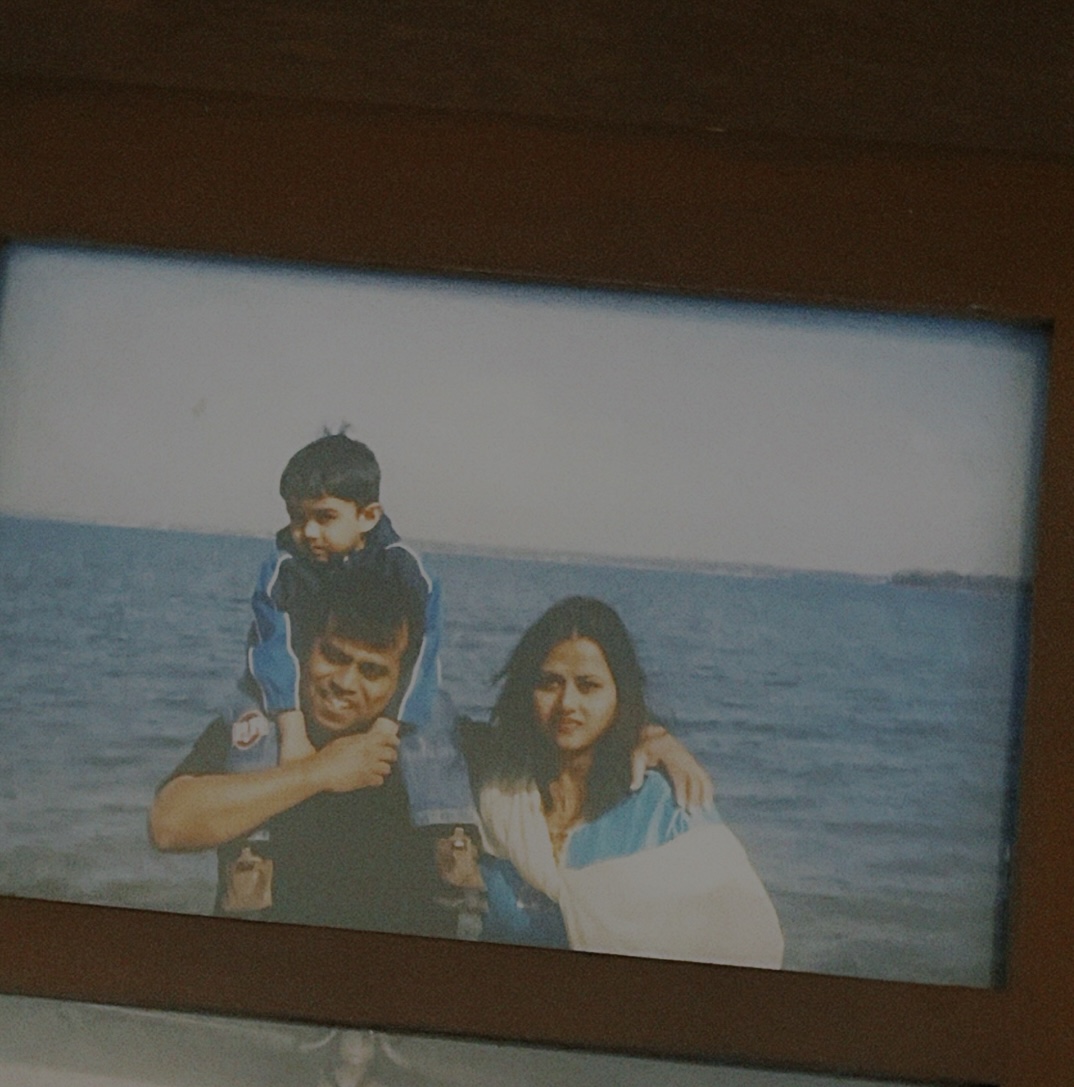As mental health has gained more importance in recent years, it’s become problematic to use the term “OCD” in our everyday life. OCD, or obsessive compulsive disorder, is a long-lasting disorder where a person has uncontrollable thoughts or behaviors that they feel the urge to repeat over and over, according to the National Institute of Mental Health (NIMH).
According to the NIMH, a person with OCD usually can’t control their thoughts or behaviors even when they know they’re excessive. A person with OCD may get a brief sense of relief by performing certain behaviors but it won’t permanently release them from feeling those urges again, and it can lead to them experiencing significant problems in their daily life because of it.
That being said, not all habits that you might think are obsessive really can be attributed to OCD. For example, your habit of sorting the books on your bookshelf by size doesn’t necessarily make you “OCD”. Face it, you’re just too organized.
But when your book-sorting habit gets to the point where you chronically can’t get through your day without worrying, or “obsessing” over it, then you might want to get it checked out. OCD isn’t necessarily about being a perfectionist. According to Dr. Ren Krinick in an article about OCD, a person who really has OCD differs from someone who doesn’t in four thinking styles, one of them being the belief that their obsession will relieve their anxiety, even when it doesn’t. That’s why it’s called “obsessive”, because their habit of compulsively washing their hands or persistently cleaning specific areas of their house in hopes that it mitigates their anxiety, never actually mitigates their anxiety. The feeling stays constant.
Those with OCD may feel a sense of losing control over something or the need to constantly keep themselves safe even when there is no real risk. A person with OCD might feel an exaggerated sense of accountability or exaggerated fears, like avoiding using the restroom in fear of contamination from germs and other environmental substances, constantly avoiding knives or sharp objects to maintain safety, or obsessively checking locks on windows and doors to seek clarification or to gain a sense of relief, when in reality, someone with OCD won’t feel a long-term sense of relief from these compulsions.
Behavior associated with OCD will constantly interfere in one’s daily life, while always keeping your class notes in chronological order probably won’t. A lot of us are just too organized, let’s face it. Why blame your perfectionist attitude on a condition that you don’t have? It takes away from the seriousness of a real disorder that roughly 2-3 million adults and 500,000 kids (roughly the same number of kids who have diabetes) deal with on a daily basis.
OCD isn’t a “joke disorder”, as it is often looked at and incorrectly used by people to lightheartedly label themselves in regards to their excessive organizing or cleaning habits. According to the American Psychiatric Association, “Many people with OCD know or suspect their obsessional thoughts are not realistic; others may think they could be true. Even if they know their intrusive thoughts are not realistic, people with OCD have difficulty disengaging from the obsessive thoughts or stopping the compulsive actions.”
In fact OCD is seen to be associated with higher rates of schizophrenia, and the children of parents diagnosed with OCD are more likely to develop schizophrenia in their life. Furthermore, studies show that major depressive disorder was ten times more common in people with OCD. It is easy to see how someone can develop depression when their life includes persistent thoughts and excessive behaviors that they can’t consciously control. A 2006 study shows that OCD is the most common anxiety disorder that was linked with people with bipolar disorder.
Long story short, OCD isn’t a joke disorder – it’s real, affects millions, and can be debilitating – but using the term casually to describe certain quirks or habits you might have just fuels the fire in reducing the gravity of the condition itself and the issues those who have it encounter every day.
So next time you find yourself organizing your books alphabetically by author or color-coding your to-do list based on priority, relax: you might just be a perfectionist. But if you realize your behaviors are compulsive, time-consuming, and anxiety-inducing, then you should probably get that checked out, because the reality is that OCD is a serious health condition that really can affect your relationships, work, and overall lifestyle.
